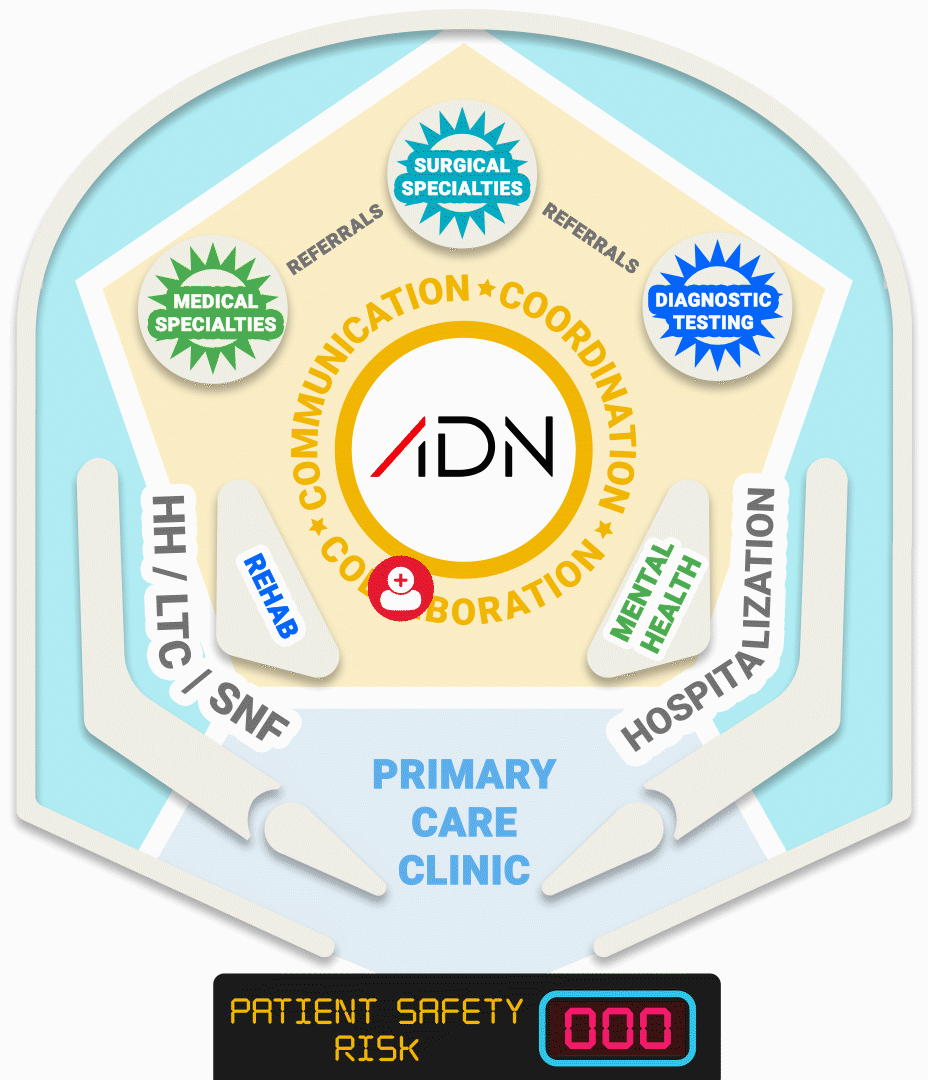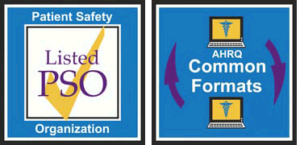A Patient Safety Organization (PSO) works to improve the safety and quality of healthcare by collecting, analyzing, and disseminating information about adverse events, near misses, and unsafe conditions that occur in healthcare facilities. The benefits of joining a PSO include confidentiality, legal protection, access to expertise, and ultimately improved patient safety.
The concept of PSOs was introduced as part of the Patient Safety and Quality Improvement Act of 2005 in the United States, which aimed to encourage healthcare providers to voluntarily report and analyze patient safety events in a non-punitive and confidential manner.
PSOs provide a secure and confidential environment for the reporting and analysis of adverse events. They collect data on adverse events, near misses, and unsafe conditions, and use this information to identify patterns, trends, and potential areas for improvement in patient safety.
PSOs also provide education and training on patient safety best practices, facilitate the sharing of information and lessons learned among healthcare providers, and work to promote a culture of safety in healthcare organizations. They serve as a valuable resource for healthcare providers seeking to improve patient safety and reduce the incidence of adverse events.




